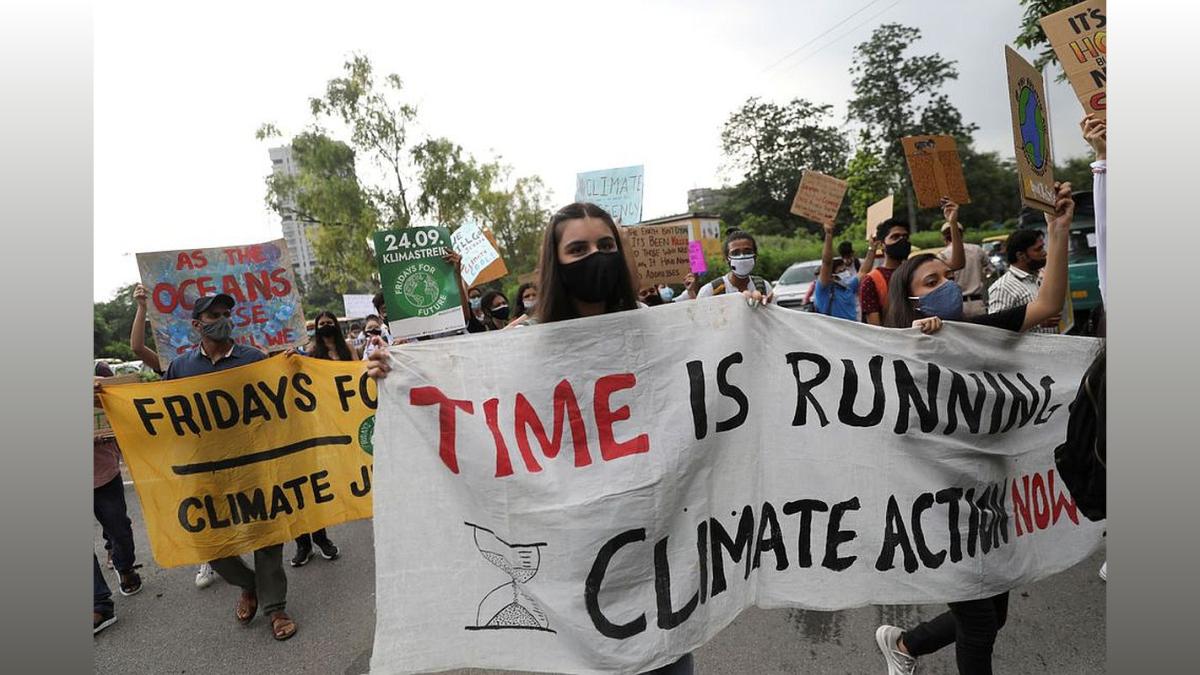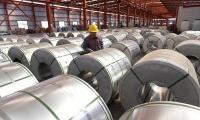Aluminium Industry Needs Rs 2.2 Lakh Cr for Net-Zero: Study
India's aluminium sector requires a substantial Rs 2.2 lakh crore investment for achieving net-zero emissions, according to a study by CEEW. The study explores green energy solutions, decarbonization costs, and potential emission reduction strategies for the industry.

New Delhi, Apr 30 (PTI) The aluminium sector in India would need an additional capital expenditure (capex) of about Rs 2.2 lakh crore to attain net-zero carbon emissions, an independent study on Tuesday said.
The study released by the Council on Energy, Environment and Water (CEEW) said that green energy can abate 49 per cent of the total emissions from the industry.
A complete transition to renewable is not feasible at the moment as it is intermittent in nature, and backup will always be necessary in case of grid failure, it said.
Net-zero aluminium could be 61 per cent more expensive, the study said, adding that decarbonising this industry would also lead to a yearly increase of Rs 26,049 crore in additional operating expenditure, as per the study.
Although the country's per capita aluminium consumption is low at 2.5 kg (compared to the world average of 11 kg), the industry emitted nearly 77 million tonnes of CO2 in 2019-20, it said.
Electricity consumption by plants accounted for 80 per cent of the total emissions, while process emissions and fuel consumption accounted for the rest.
Aluminium and fertiliser are key industries for India's economic growth, and significant government support will be necessary to build the infrastructure, such as power grid and pipelines, to decarbonise them and meet the country's climate goals, Hemant Mallya, Fellow, CEEW, said.
Energy efficiency in alumina refining and aluminium smelting and waste heat recovery through electrolysis off-gas can reduce emissions without increasing the cost of aluminium, the study said.
However, these technologies can only abate 8 per cent of the total emissions, it pointed out, adding, all the remaining carbon abatement measures, such as using renewable energy and carbon capture, have a positive marginal abatement cost.
The study released by the Council on Energy, Environment and Water (CEEW) said that green energy can abate 49 per cent of the total emissions from the industry.
A complete transition to renewable is not feasible at the moment as it is intermittent in nature, and backup will always be necessary in case of grid failure, it said.
Net-zero aluminium could be 61 per cent more expensive, the study said, adding that decarbonising this industry would also lead to a yearly increase of Rs 26,049 crore in additional operating expenditure, as per the study.
Although the country's per capita aluminium consumption is low at 2.5 kg (compared to the world average of 11 kg), the industry emitted nearly 77 million tonnes of CO2 in 2019-20, it said.
Electricity consumption by plants accounted for 80 per cent of the total emissions, while process emissions and fuel consumption accounted for the rest.
Aluminium and fertiliser are key industries for India's economic growth, and significant government support will be necessary to build the infrastructure, such as power grid and pipelines, to decarbonise them and meet the country's climate goals, Hemant Mallya, Fellow, CEEW, said.
Energy efficiency in alumina refining and aluminium smelting and waste heat recovery through electrolysis off-gas can reduce emissions without increasing the cost of aluminium, the study said.
However, these technologies can only abate 8 per cent of the total emissions, it pointed out, adding, all the remaining carbon abatement measures, such as using renewable energy and carbon capture, have a positive marginal abatement cost.
You May Like To Read
TODAY'S MOST TRADED COMPANIES
- Company Name
- Price
- Volume
- Vodafone-Idea-L
- 10.80 (+ 1.12)
- 64479733
- Pradhin
- 0.27 (+ 17.39)
- 41923542
- Sattva-Sukun-Lifecar
- 0.56 (+ 5.66)
- 34488002
- Alstone-Textiles
- 0.30 ( 0.00)
- 34091490
- Sunshine-Capital
- 0.25 ( -3.85)
- 30901660






